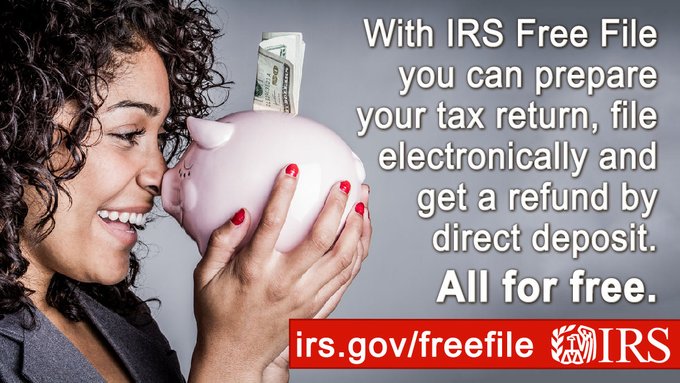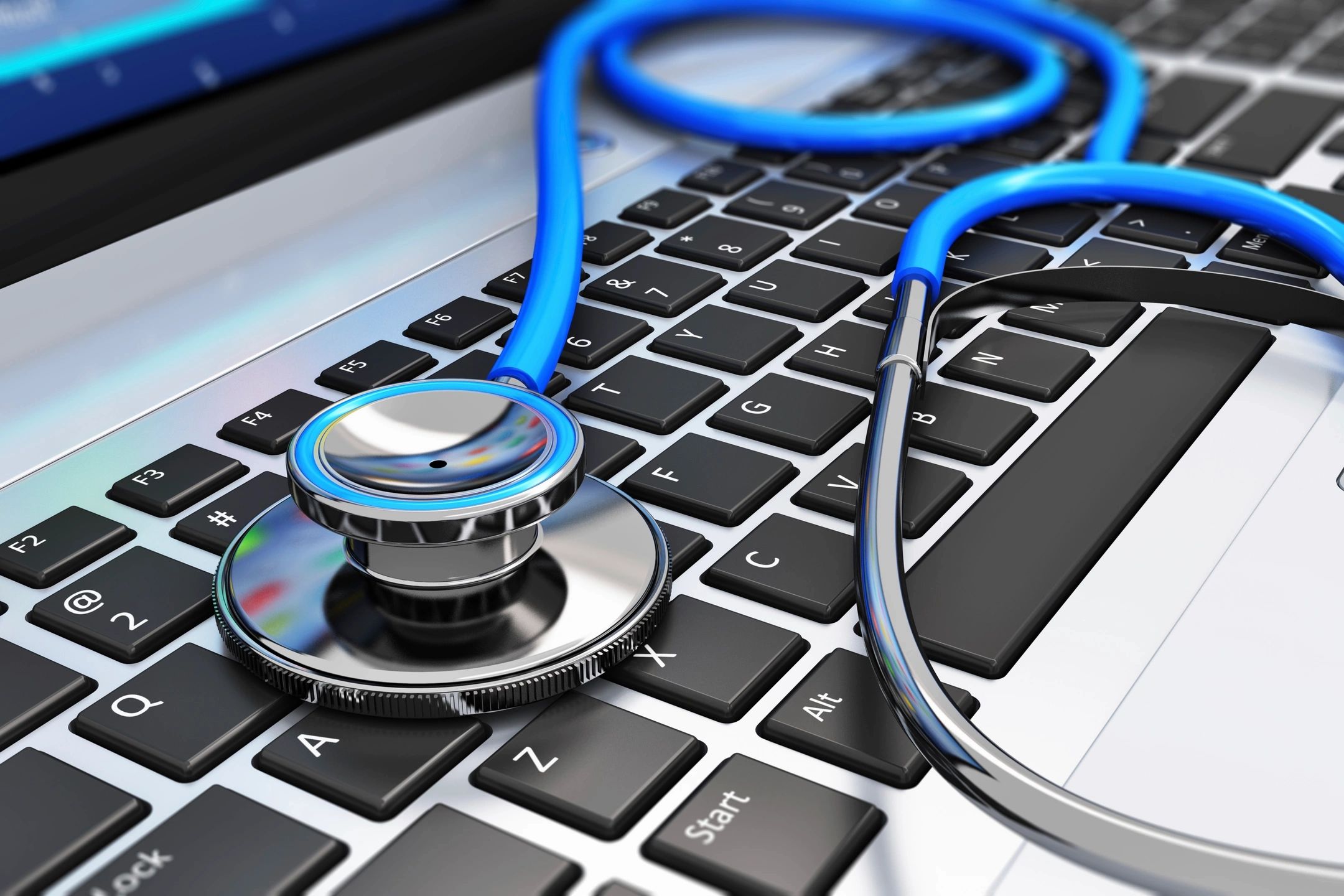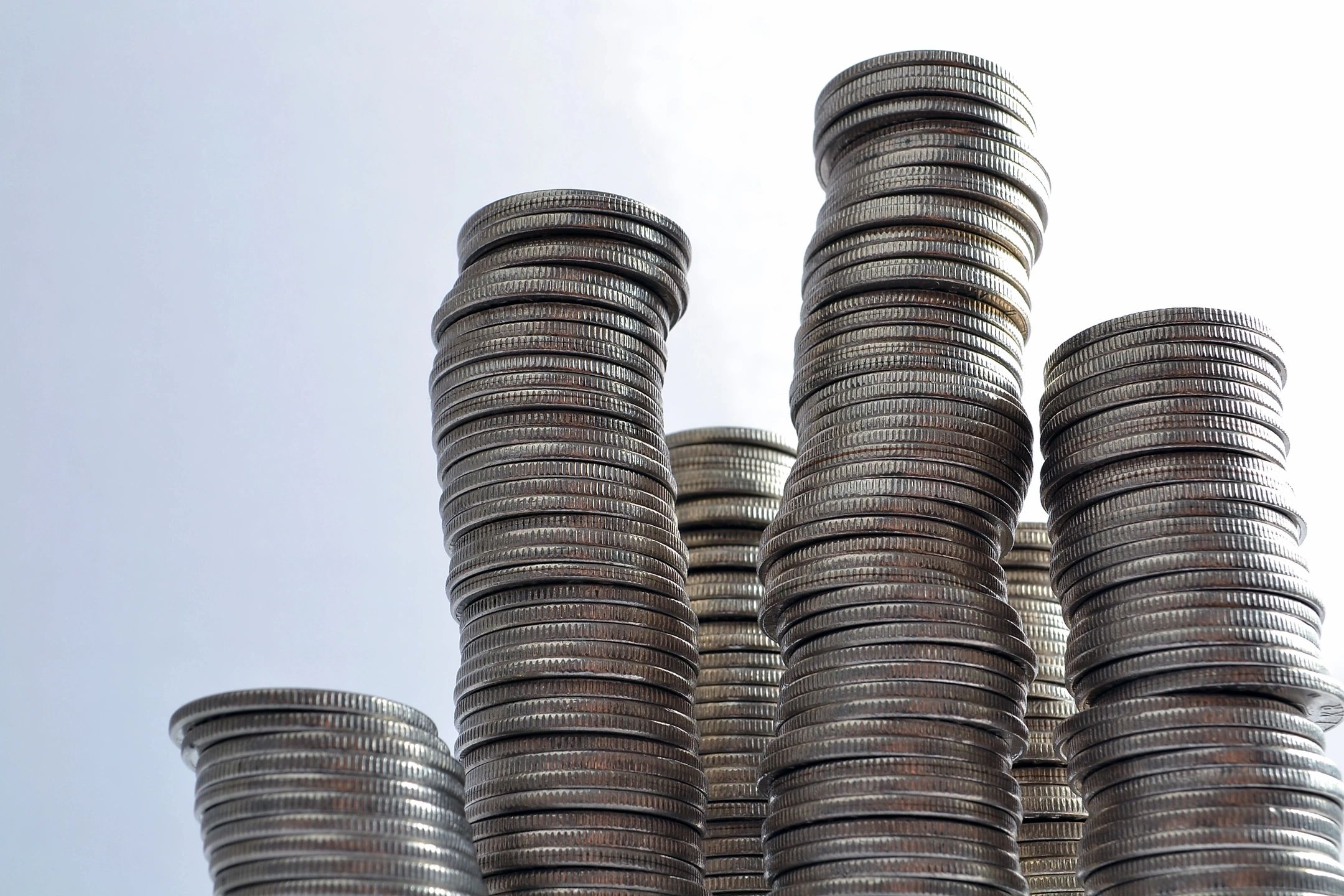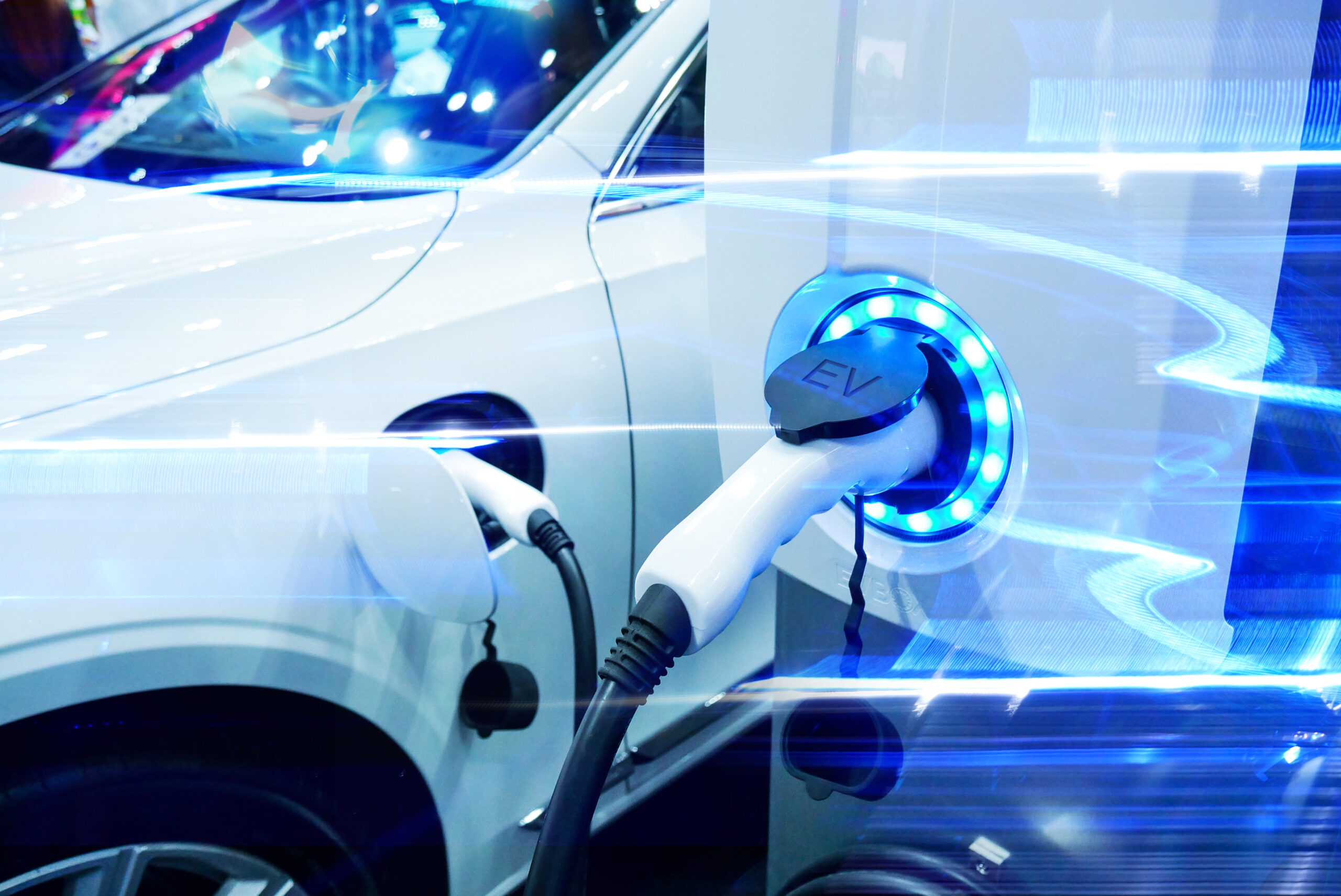Are you one of the millions of businesses that have an outstanding non-disaster Small Business Administration (SBA) loan?
These include:
7(a) loans: general small business loans of up to $5 million,
504 loans: loans of up to $5.5 million to provide financing for major fixed assets such as equipment or real estate, and
microloans: short-term loans of up to $50,000 for small businesses.
If so, you have already benefited, or soon will benefit, from a little-known provision included in the $2 trillion Coronavirus Aid, Relief, and Economic Security (CARES) Act.
Congress appropriated $17 billion so that the SBA could provide a temporary loan payment subsidy to businesses with these non-disaster SBA loans. Under this provision, the SBA automatically makes six monthly loan payments on behalf of borrowers. There is no need to file an application.
Are the SBA loan subsidies taxable income to you?
Unfortunately, the CARES Act is silent on this subject and the IRS has yet to issue any guidance on this particular loan subsidy program. In the past, the IRS advised that similar loan payments were includible in income by the taxpayer-borrower.
It’s unclear whether the IRS will follow this prior guidance.
The IRS could instead conclude that these loan subsidies are not taxable under the general welfare exclusion. The general welfare exclusion has often been used to exempt from tax SBA disaster payments made to individual taxpayers. The exclusion ordinarily does not apply to payments to business. But the IRS could make an exception due to the extraordinary nature of the COVID-19 pandemic.
It’s also possible that Congress will act to make the SBA loan payments tax-free. This could be done in a future stimulus bill.
Right now, the prudent course is to assume that the SBA loan subsidies are taxable income and plan accordingly.
If you have any further questions or need my assistance, please call me on my direct line at 203-767-7197.








